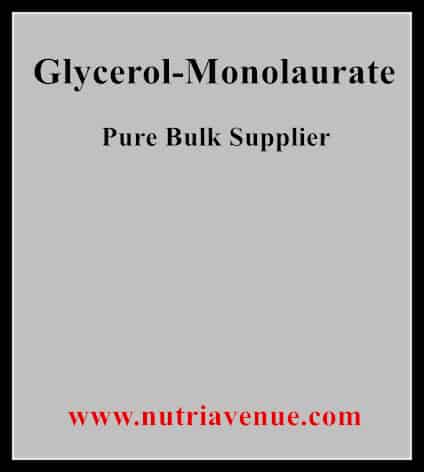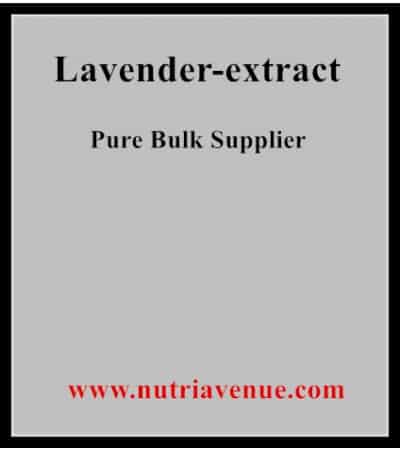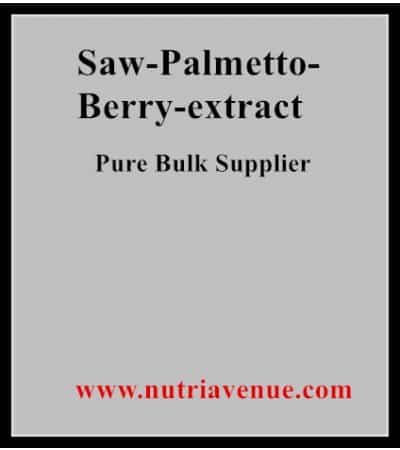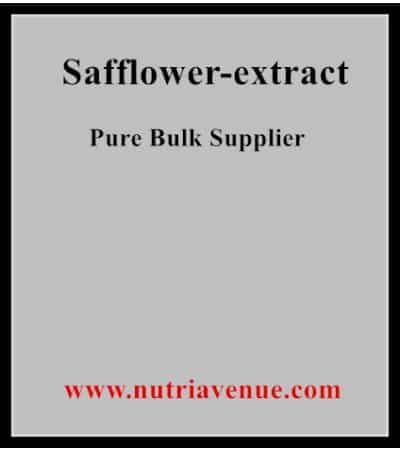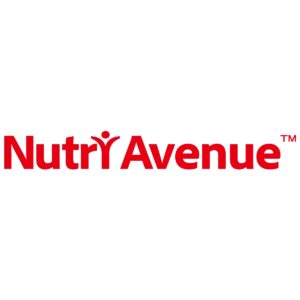Glycerol Monolaurate (GML), derived from potent ingredients, is a naturally occurring fatty acid widely sought-after in various industries including food, cosmetics, and homeopathic supplements. Renowned for its efficacy, Glycerol Monolaurate plays a crucial role in preventing conditions caused by the excessive growth of viruses, bacteria, and fungi in the human body. For overseas buyers looking to tap into the market potential of Glycerol Monolaurate, understanding its versatile applications and effectiveness can pave the way for market success.
What is Glycerol Monolaurate?
Breastmilk and coconut milk contain lauric acid, the raw material used to make monolaurin. It’s a fatty acid that occurs naturally and is commonly used in food, makeup, and homeopathic medicines. Various bacteria, fungi, and enveloped viruses are the targets of GML’s vigorous antibacterial activity; nevertheless, specific research indicates that GML may also have immunomodulatory properties. Herpes, shingles, influenza, swine flu, colds (the common cold), and other illnesses can all be prevented and treated using monolaurin. Additionally, it is used to strengthen the immune system and treat chronic fatigue syndrome, or CFS.
Common Sources
Gram-positive and gram-negative bacteria, such as Haemophilus, Gardnerella, Staphylococcus, and Streptococcus species, are susceptible to the antibacterial activity of this molecule, which is found in coconut oil. Palm kernel oil can also be a source for monolaurin.
Bulk Glycerol Monolaurate Common Specifications
Type | Chemical |
Appearance | White Powder |
Purity | ≥98% |
Certifications | GMP & ISO |
Active Ingredient | Lauric Acid |
Test Methods | HPLC |
MOQ (minimum order quantity) | 1kg |
Sample | Available (10-20g/bag) |
OEM Service | Available, such as capsules, tablets, pills, etc. |
ODM Service | Available |
Private Label | Available |
Contract Manufacturing | Available |
Mechanisms of Action
Antiviral Activity
Monolaurin may be effective against viruses whose outer membranes are lipid-based. Monolaurin may interfere with virus replication by obstructing signals that DNA replication needs to occur. In the laboratory, monolaurin attaches to the viral envelope to increase the immune system’s recognition of the virus.
Antimicrobial Activity
According to researchers, monolaurin penetrates gram-positive bacteria’s cell membrane and breaks it down, killing the bacteria. This should theoretically prevent bacteria from growing and multiplying, facilitating the immune system’s ability to eliminate them.
Potential Health Benefits
Antibacterial
Antibiotic-resistant bacteria known as Staphylococcus aureus (Staph) are among the pathogens against which monolaurin exhibits antibacterial activity. A 2013 study found that monolaurin effectively inhibits several types of Staph infection in both live and in vitro. This study demonstrated the efficacy of monolaurin in treating bacterial infections in mice despite the absence of human subjects. According to additional studies, monolaurin can stop the growth of certain bacteria, including Bacillus subtilis and Escherichia coli (E. coli).
Antiviral
Applying monolaurin vaginal gel regularly may lower the risk of catching SIV, the ape version of HIV, according to recent studies on female monkeys.
Antifungal
The antifungal properties of monolaurin and coconut oil, which contain lauric acid, may be their most well-known properties. Research has demonstrated that monolaurin can cure C infections. Albicans regulate the body’s inflammatory reaction to the fungus.
Industry Applications and Uses
Meat Products
It improves the quality and look of meat products, increases their palatability, lessens the moisture loss in fresh meat, and extends their shelf life. Meat products are high in proteins and moisture content. Therefore, they must be stored carefully to prevent microbial infection and product spoiling.
Baking Industry
It comes in crystalline or polymorphic forms and shares structural similarities with fats. The e471 emulsifier can prevent straight-chain starch from aging by forming soluble complexes with starch. Therefore, monolaurin is frequently used in the baking sector as an emulsifier.
Animal Husbandry
Applications for Glyceryl Monolaurate include illness prevention and animal husbandry. Its broad-spectrum physiological antiviral and antibacterial properties are beneficial for fostering animal growth, treating and preventing animal illnesses, and other purposes.
Dairy Industry
Dairy products are highly nutritious but can also harbor lactic acid bacteria, yeast, and mold. When combined with additional additives, this effectively hinders the growth and reproduction of spoilage bacteria in milk, significantly extending the shelf life and enhancing the safety of dairy products.
Standard Dosage and Usage
The right amount of monolaurin depends on several factors, including the user’s age, health, and other conditions. There isn’t enough scientific data to establish a safe range of monolaurin dosages. Remember that doses can matter and that natural products aren’t always secure.
Safety and Side Effects
- Coconut oil and monolaurin manufactured from coconut goods should not be used by anyone allergic to coconuts.
- While no other recognized hazards or side effects are linked to taking monolaurin as a supplement, this does not imply that supplements are safe. Whether monolaurin interacts with any drugs is also unknown.
In what ways does it contribute to gastrointestinal well-being?
It acts as a antibacterial,antiviral, and antifungal which protects us from infections and viruses. It may help support our immune system to have a healthy well-being.
How to Store This Ingredient?
- Keep in a dry, cold environment.
- If the safety seal is damaged or missing, do not use.
Looking for reliable Glycerol Monolaurate Dietary Supplement Supplier?
Are you looking for a premium dietary supplement supplier? Then you are in the right place! Nutri Avenue is known for producing and supplying dietary supplements in different countries. It is a worldwide supplier that serves the USA, Mexico, Poland, Hungary, France, the UK, and South America (Brazil, Argentina, Peru, Ecuador, Colombia, Chile, Uruguay, and Paraguay). All your needs will be met as they offer an efficient and pure dietary supplement. You can be guaranteed that all their products are certified by different third parties.
FAQs
There are no reported potential effects of GML in the environment.
There are no synergistic effects between GML and other environmental contaminants.
No, methyl laurate glycerolysis, laurate glycerolysis, or direct esterification are the methods used to produce GML.

